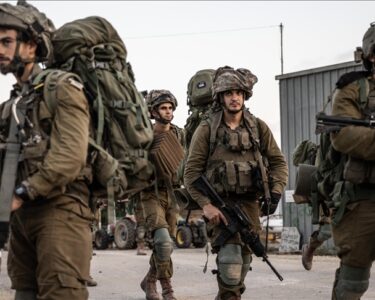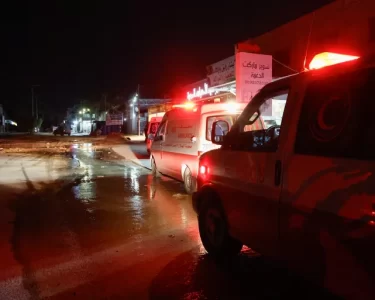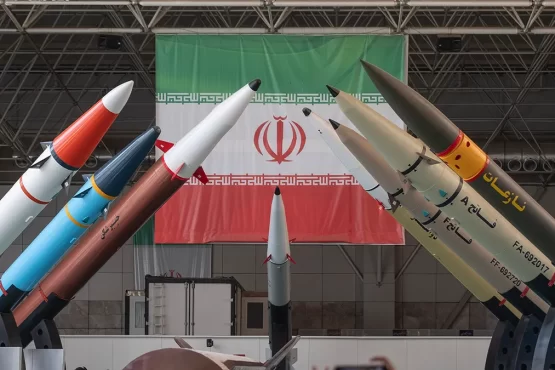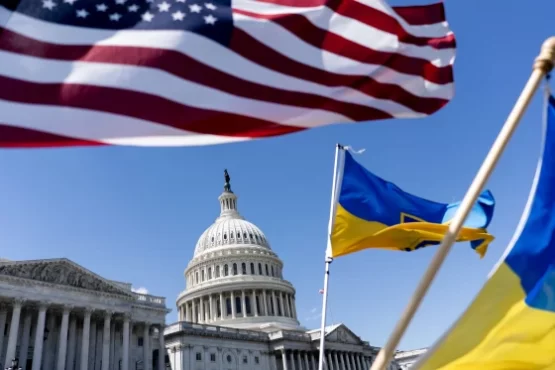KHARTOUM, Sudan — Sudan is grappling with a severe famine as the ongoing conflict between the Sudanese Armed Forces (SAF) and the Rapid Support Forces (RSF) continues to ravage the country. Recent peace talks in Geneva have failed to achieve significant progress, leaving millions at risk of starvation.
The United Nations-accredited Integrated Food Security Phase Classification (IPC) system declared famine conditions in parts of Darfur, Sudan’s westernmost region, four weeks ago. Aid agencies estimate that more than half of Sudan’s 45 million people require urgent humanitarian assistance, with over 12 million displaced.

In a small concession, the SAF allowed 15 UN aid trucks to cross the border from Chad this week. However, aid organizations fear this gesture is insufficient to address the scale of the crisis.
“This is a drop in the ocean compared to what’s needed,” said Dr. Amira Hassan, a Sudan-based humanitarian coordinator. “We need thousands of trucks weekly to prevent a catastrophic loss of life.”
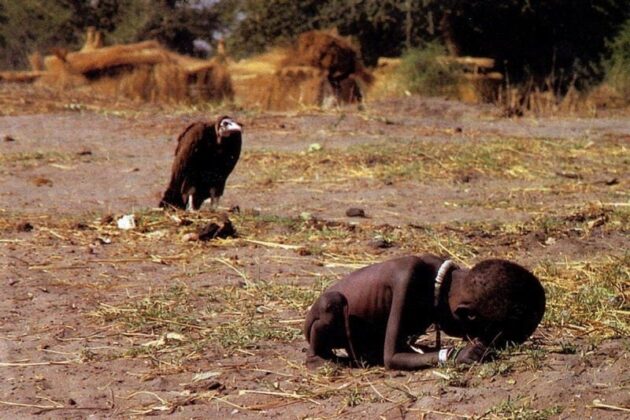
The conflict, which erupted in April 2023 between the SAF, led by Gen. Abdel Fattah al-Burhan, and the RSF, under Gen. Mohamed Hamdan Dagolo, has exacerbated long-standing economic and environmental challenges. Both sides have been accused of using starvation as a weapon of war.
The RSF has been implicated in widespread looting and destruction of vital infrastructure, including hospitals and schools. Meanwhile, the SAF has employed tactics to cut off rebel-held areas from external supplies, reminiscent of strategies used during Sudan’s previous civil war.

Recent peace talks in Geneva, jointly convened by the United States and Saudi Arabia, concluded on Friday without substantial progress. U.S. Special Envoy Tom Perriello’s hopes for a face-to-face meeting between the warring generals were dashed when Gen. al-Burhan refused to attend.
“While we didn’t achieve the breakthrough we hoped for, we remain committed to finding a peaceful resolution,” Perriello stated after the talks. “The humanitarian situation demands urgent action from all parties involved.”
The stalemate in peace efforts is partly attributed to the rivalry between Saudi Arabia and the United Arab Emirates, key backers of the SAF and RSF respectively. Their competition for regional influence has complicated diplomatic initiatives.
International aid efforts face significant obstacles. The SAF’s control of Port Sudan and its recognition by the UN as the sovereign government have allowed it to restrict aid flow. The recent opening of the Adré border crossing to Chad is limited to three months and subject to strict inspections.
“Every day of delay costs lives,” said Jean-Michel Dumond, head of the UN Office for the Coordination of Humanitarian Affairs in Sudan. “We need unrestricted access to all affected areas immediately.”

The situation is particularly dire in el-Fasher, Darfur, where Médecins Sans Frontières has reported famine-level malnutrition in the Zamzam displaced persons camp.
As the crisis deepens, some food security specialists warn that up to 2.5 million people could die from hunger by the end of the year if significant interventions are not made.
The international community continues to press for a resolution, but with both warring parties showing little willingness to compromise, the prospects for swift peace remain dim. As Sudan teeters on the brink of an unprecedented humanitarian disaster, the world watches anxiously, hoping for a breakthrough that could stem the tide of suffering.
A bbc story


